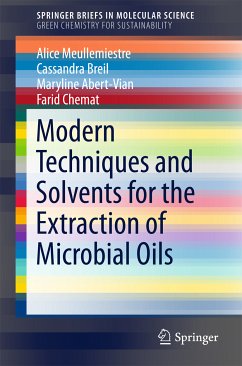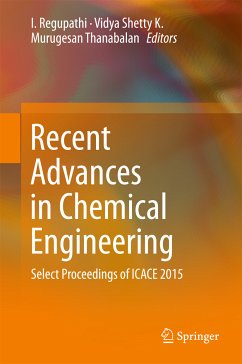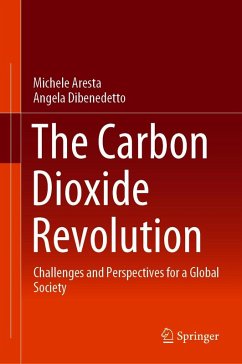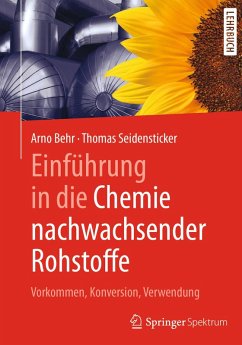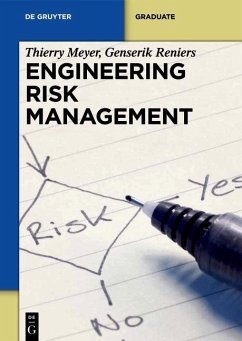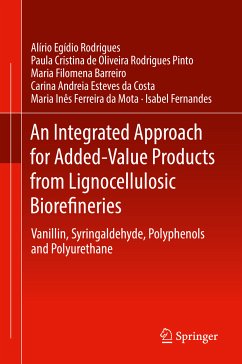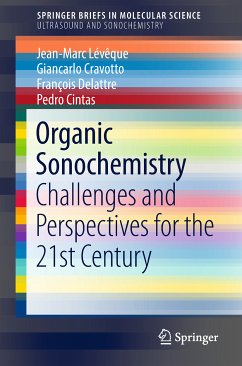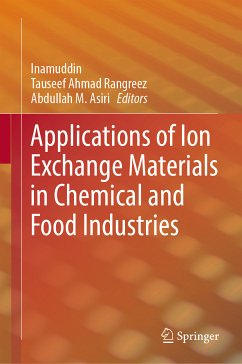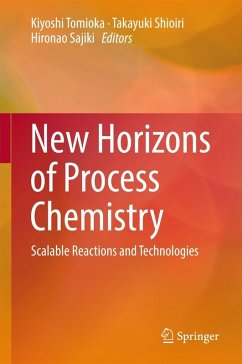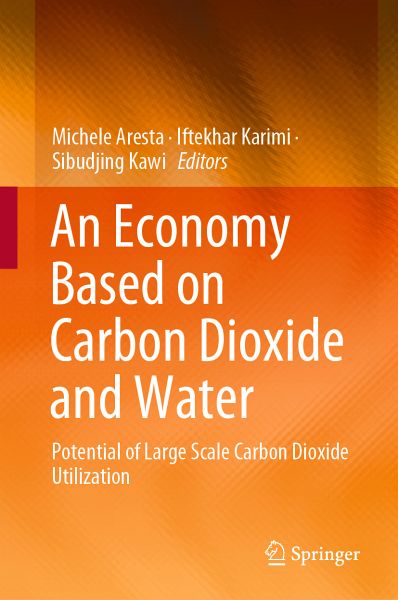
An Economy Based on Carbon Dioxide and Water (eBook, PDF)
Potential of Large Scale Carbon Dioxide Utilization
Redaktion: Aresta, Michele; Kawi, Sibudjing; Karimi, Iftekhar
Versandkostenfrei!
Sofort per Download lieferbar
120,95 €
inkl. MwSt.
Weitere Ausgaben:

PAYBACK Punkte
60 °P sammeln!
This book is devoted to CO2 capture and utilization (CCU) from a green, biotechnological and economic perspective, and presents the potential of, and the bottlenecks and breakthroughs in converting a stable molecule such as CO2 into specialty chemicals and materials or energy-rich compounds.The use of renewable energy (solar, wind, geothermal, hydro) and non-fossil hydrogen is a must for converting large volumes of CO2 into energy products, and as such, the authors explore and compare the availability of hydrogen from water using these sources with that using oil or methane. Divided into 13 ch...
This book is devoted to CO2 capture and utilization (CCU) from a green, biotechnological and economic perspective, and presents the potential of, and the bottlenecks and breakthroughs in converting a stable molecule such as CO2 into specialty chemicals and materials or energy-rich compounds.
The use of renewable energy (solar, wind, geothermal, hydro) and non-fossil hydrogen is a must for converting large volumes of CO2 into energy products, and as such, the authors explore and compare the availability of hydrogen from water using these sources with that using oil or methane. Divided into 13 chapters, the book offers an analysis of the conditions under which CO2 utilization is possible, and discusses CO2 capture from concentrated sources and the atmosphere. It also analyzes the technological (non-chemical) uses of CO2, carbonation of basic minerals and industrial sludge, and the microbial-catalytic-electrochemical-photoelectrochemical-plasma conversion of CO2 into chemicals and energy products. Further, the book provides examples of advanced bioelectrochemical syntheses and RuBisCO engineering, as well as a techno-energetic and economic analysis of CCU.
Written by leading international experts, this book offers a unique perspective on the potential of the various technologies discussed, and a vision for a sustainable future. Intended for graduates with a good understanding of chemistry, catalysis, biotechnology, electrochemistry and photochemistry, it particularly appeals to researchers (in academia and industry) and university teachers.
The use of renewable energy (solar, wind, geothermal, hydro) and non-fossil hydrogen is a must for converting large volumes of CO2 into energy products, and as such, the authors explore and compare the availability of hydrogen from water using these sources with that using oil or methane. Divided into 13 chapters, the book offers an analysis of the conditions under which CO2 utilization is possible, and discusses CO2 capture from concentrated sources and the atmosphere. It also analyzes the technological (non-chemical) uses of CO2, carbonation of basic minerals and industrial sludge, and the microbial-catalytic-electrochemical-photoelectrochemical-plasma conversion of CO2 into chemicals and energy products. Further, the book provides examples of advanced bioelectrochemical syntheses and RuBisCO engineering, as well as a techno-energetic and economic analysis of CCU.
Written by leading international experts, this book offers a unique perspective on the potential of the various technologies discussed, and a vision for a sustainable future. Intended for graduates with a good understanding of chemistry, catalysis, biotechnology, electrochemistry and photochemistry, it particularly appeals to researchers (in academia and industry) and university teachers.
Dieser Download kann aus rechtlichen Gründen nur mit Rechnungsadresse in A, B, BG, CY, CZ, D, DK, EW, E, FIN, F, GR, HR, H, IRL, I, LT, L, LR, M, NL, PL, P, R, S, SLO, SK ausgeliefert werden.



